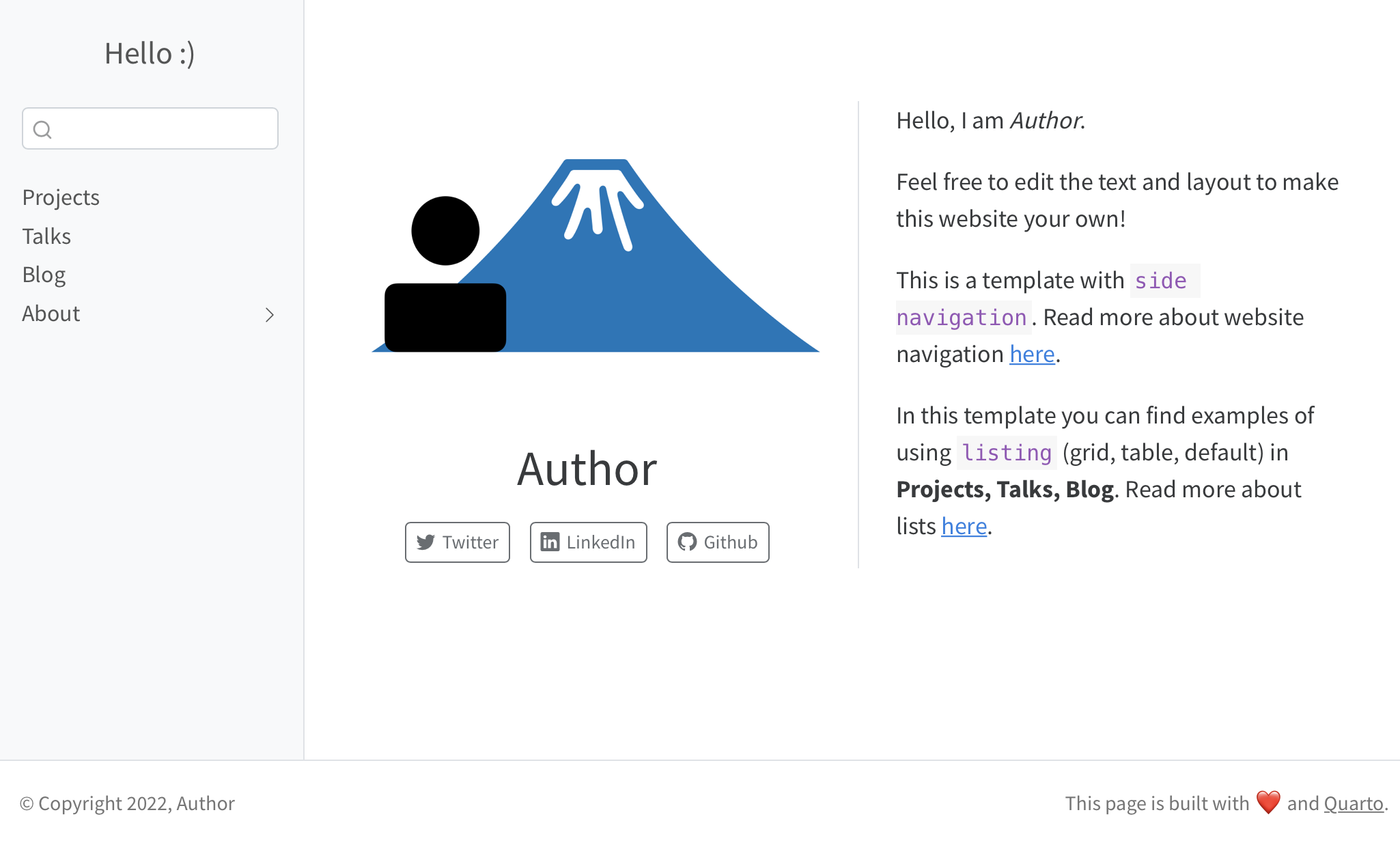Research Scientist Interview Guide
Data science
Interview Guide
Research Scientist Interview Guide

Overview
This guide provides a comprehensive framework to prepare for Research Scientist positions in academia, industry research labs (FAANG, OpenAI, DeepMind, etc.), and national labs. It combines insights from my own experience, interviews, and conversations with hiring managers.
GitHub repository: Research Scientist Preparation Guide
Data Science Notes: Data Science Intro
Statistical Learning Notes: Statistical Analysis
Key Interview Components
1. Research Portfolio Deep Dive
- Be able to explain your core research contributions clearly and concisely.
- Clearly define the problem, highlight novelty, describe methods, show results, and explain real-world relevance.
- Practice different versions of your explanation (5-min, 15-min, 30-min).
- Show awareness of how your work connects to broader trends and open challenges.
2. Technical Machine Learning Knowledge
- Reinforcement Learning: Policy gradients, actor-critic, safe RL, off-policy and on-policy methods.
- Deep Learning: Architecture design, optimization, transformers, generalization.
- Statistical Learning: Model selection, regularization (L1/L2), kernel methods, bias-variance tradeoff. (See Notes)
- Probabilistic Modeling: Bayesian inference, uncertainty quantification, latent variable models.
- Generative Models: GANs, VAEs, diffusion models.
- Large Language Models: Scaling laws, fine-tuning, instruction tuning, prompting, RAG architectures.
- Computer Vision: Object detection, segmentation, multimodal learning.
- Data Science Foundations: Data pipelines, EDA, data cleaning, transformation. (See Notes)
3. System Design / Applied ML Problems
- Understand how to build ML systems end-to-end:
- Feature engineering and data preprocessing
- Model training, hyperparameter tuning, and validation
- Deployment (latency, scalability, monitoring)
- Addressing data drift, noisy labels, and real-world constraints
4. Coding and Algorithmic Skills
- Moderate-level data structures and algorithms:
- Arrays, strings, trees, graphs, dynamic programming
- ML coding:
- Data manipulation using pandas/numpy
- Prototyping in PyTorch, TensorFlow, or JAX
- Basic SQL queries and joins
5. Behavioral and Collaboration Skills
- Practice behavioral questions:
- “Tell me about a time you resolved a conflict”
- “How do you approach ambiguous research questions?”
- Demonstrate collaboration across disciplines and teams
- Emphasize your ability to communicate technical ideas to non-experts
Recommended Preparation Resources
- Key Papers: NeurIPS, ICLR, ICML, CVPR, ACL
- Books:
- Designing Machine Learning Systems – Chip Huyen
- Deep Learning – Ian Goodfellow
- The Elements of Statistical Learning – Hastie, Tibshirani, Friedman
- Bayesian Reasoning and Machine Learning – David Barber
- Coding Practice: Leetcode (focus on Medium problems)
- System Design Practice: ML interview prep platforms, YouTube walkthroughs
- Mock Interviews: Conduct with peers, mentors, or online platforms
Example Interview Questions
- What are the main contributions of your most recent paper?
- How does your approach compare to existing methods?
- How would you adapt your method if data was scarce or noisy?
- What assumptions underlie your models, and how would you validate them?
- How do you handle uncertainty and interpretability?
- How would you apply your method to a new domain or product?
Personal Advice
- Focus on clarity — aim to teach, not just impress.
- Keep your message grounded in the real-world impact of your work.
- Be honest about challenges or failures — show how you learned from them.
- Show excitement for the work and curiosity about new ideas.
- Practice regularly and iterate based on feedback.
Mentorship
If you’re preparing for Research Scientist interviews and would like guidance or mentorship, feel free to reach out at cs.kundann@gmail.com. I’m happy to connect with motivated researchers and offer support.
Citation
BibTeX citation:
@online{kumar2025,
author = {Kumar, Kundan},
title = {Research {Scientist} {Interview} {Guide}},
date = {2025-07-03},
url = {https://kundan-kumarr.github.io/blog/talks/technotes_20250703_research_guide/},
langid = {en}
}
For attribution, please cite this work as:
Kumar, Kundan. 2025. “Research Scientist Interview Guide.”
July 3, 2025. https://kundan-kumarr.github.io/blog/talks/technotes_20250703_research_guide/.